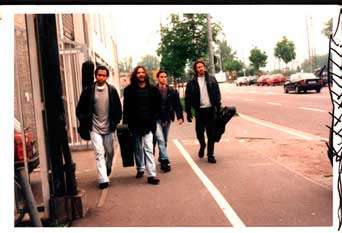Cuban Music Obsession or Cuba Is Its Music
A universal language with too much unexplored wealth, music plays a singular role in the composition, coordination and sustainability of identifying networks. Regarding its importance in the historic-cultural evolution of the Cuban nation, personalities have expressed themselves, like Fernando Ortiz, who in 1911 affirmed that the practice of popular music came from a sociocultural space that, when shared by the entire people, in turn offered a road to achieve a higher level of national consolidation. And he concluded with prophetic words: “Because it is something more than the voice of art, it is the voice of an entire people, the common soul of generations” (Ortiz: 1987). To speak of the identifying function of music it is necessary to start with the principle that all culture has music and it, as a sociocultural product, has an identifying function, which can be ethnic, social, etc., being the reflection of a specific culture and an identifying instrument valid for human beings and that, as pointed out by Rubén Gómez Mun (n/d) “is characterized for being permeable and flexible in the face of the different attitudes existing in an increasingly globalized world.” It's worthwhile recalling the double nature of globalization, which increasingly brings human...










